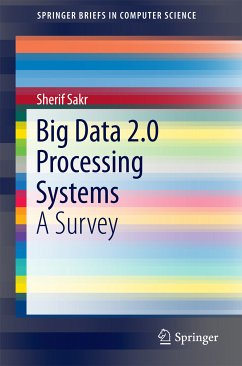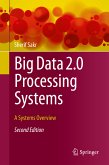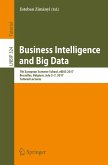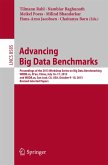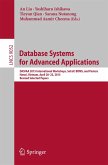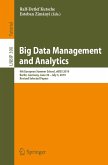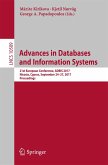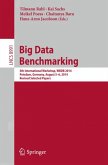After Chapter 1 presents the general background of the big data phenomena, Chapter 2 provides an overview of various general-purpose big data processing systems that allow their users to develop various big data processing jobs for different application domains. In turn, Chapter 3 examines various systems that have been introduced to support the SQL flavor on top of the Hadoop infrastructure and provide competing and scalable performance in the processing of large-scale structured data. Chapter 4 discusses several systems that have been designed to tackle the problem of large-scale graph processing, while the main focus of Chapter 5 is on several systems that have been designed to provide scalable solutions for processing big data streams, and on other sets of systems that have been introduced to support the development of data pipelines between various types of big data processing jobs and systems. Lastly, Chapter 6 shares conclusions and an outlook on future research challenges.
Overall, the book offers a valuable reference guide for students, researchers and professionals in the domain of big data processing systems. Further, its comprehensive content will hopefully encourage readers to pursue further research on the subject.
Dieser Download kann aus rechtlichen Gründen nur mit Rechnungsadresse in A, B, BG, CY, CZ, D, DK, EW, E, FIN, F, GR, HR, H, IRL, I, LT, L, LR, M, NL, PL, P, R, S, SLO, SK ausgeliefert werden.

